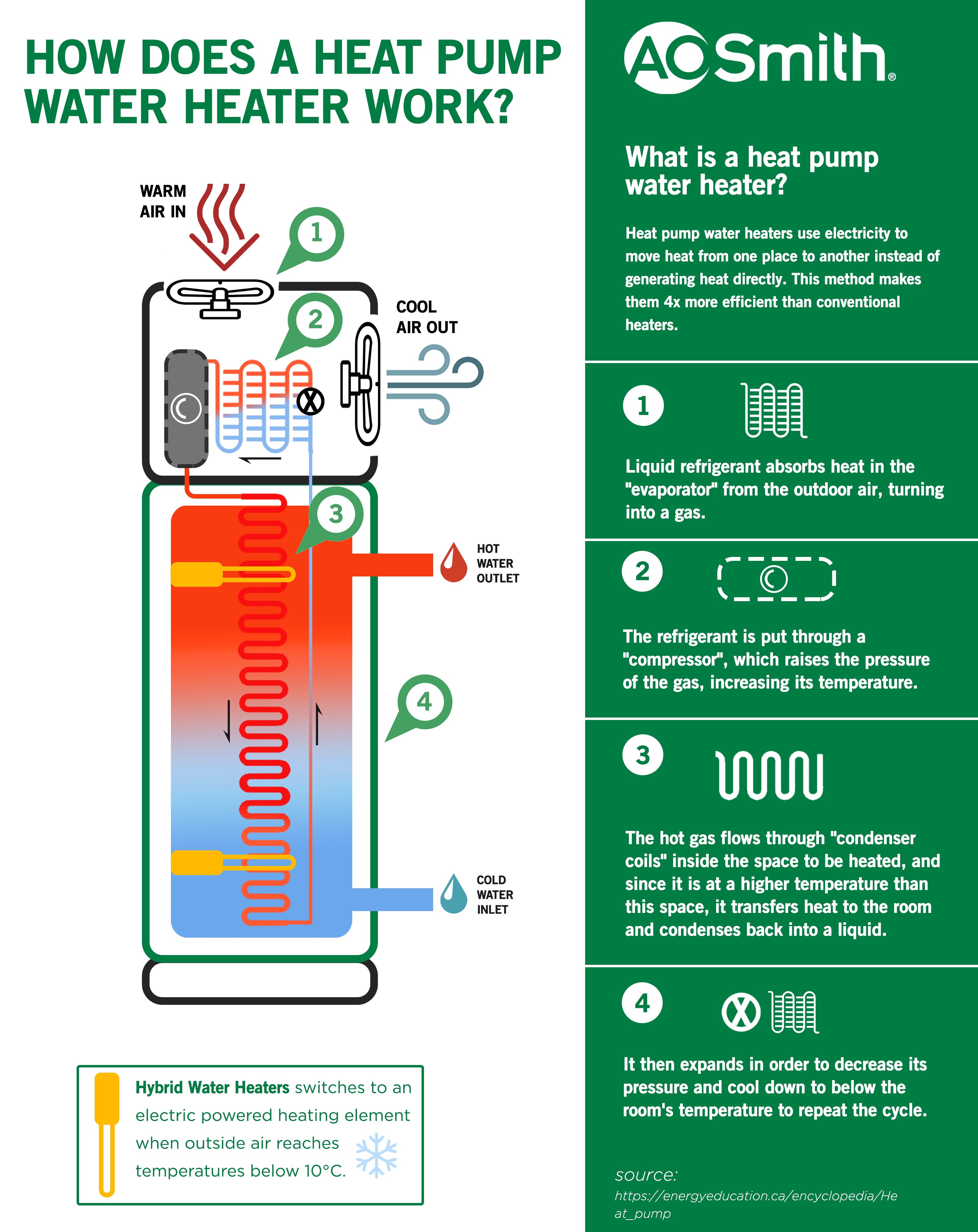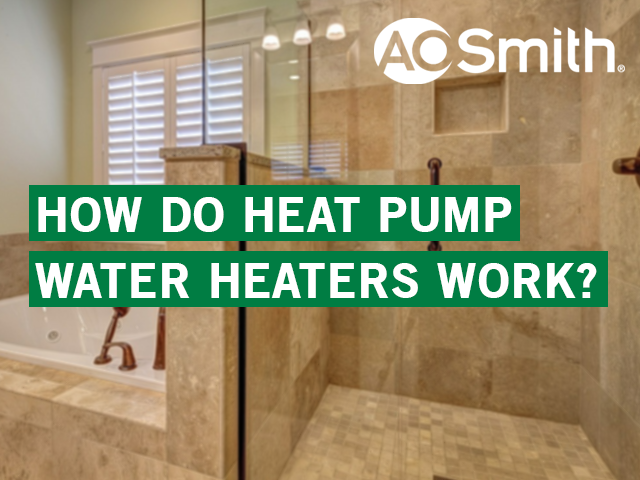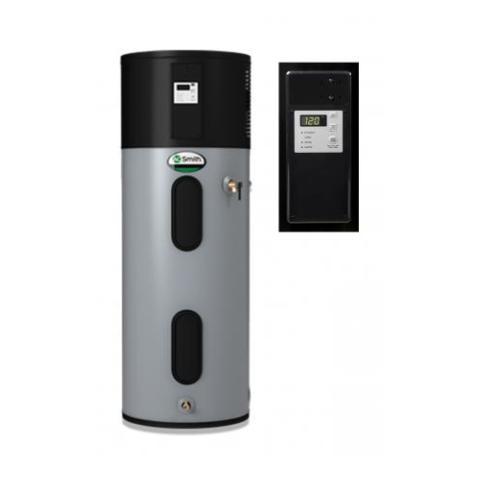More people have made the switch from conventional fuel and electric water heaters in favor of heat pump water heaters because it is one of the most energy and cost efficient method of heating water. Let’s learn how heat pumps work and why they’re currently the best type of water heating system in the market to date.
Why are people switching to hot water heat pumps?
Cost
The short answer is this: smaller electricity consumption leads to smaller electricity bills.
Water heating accounts for 20.9% of a household’s overall energy consumption. Conventional fuel and electric water heaters consume around 3000 - 6000 watts of electricity whereas the smallest heat pump consumes only 210k watts to bring water to its target temperature. A regular household consuming 700kw of electricity per month would be saving Php 13,440 per year in electric bills by using a heat pump water heater.
If it’s all about being energy and cost efficient then a solar water heater must be better since the sun’s energy is free, right? Not exactly. While the sun’s energy is indeed free, it also runs on a tight schedule. Since solar heaters don’t work at night, that alone limits its period of utility to only 12 hours of sunshine.
Solar heat collectors also only work at full efficiency when it’s perpendicular to the sun’s angle which narrows down that 12 hour window to only 2-3 hours of peak efficiency. Weather also dampens its efficiency and given that the Philippines is notorious for monsoon seasons spanning half a year, solar heat collection can be severely limited. A heat pump on the other hand works regardless of the time of day and since it transfers heat better in hot and humid climates, we can enjoy the benefits of a heat pump all year round in the Philippines.
Convenience
Compared to solar heaters and gas/oil-fired heaters and boilers, heat pumps are more convenient to install and maintain.
Solar water heaters, roof top cleaning is essential to maintain the efficiency of the solar collectors. Gas/oil-fired heaters and boilers use combustible fuel so they required professional maintenance to keep them safe and running well.
Heat pump maintenance is similar to air conditioner cleaning. So it is easier to find professionals who can maintain them. They also usually come now with smart electronic interfaces that let owners check the heater status on their own.
Heat pumps also have the added benefit of cooling the spaces they’re in since they release cool air as a byproduct of the heating process. This means you can enjoy hot water and cooler room temperatures at a fraction of the electric costs of a conventional heater. Heat pumps might sound too good to be true at this point so let’s talk about the science behind its efficiency.
How do Heat Pumps Work?
A refrigerator working in reverse
A heat pump water heater is an energy efficient device that transfers ambient heat from the environment into a storage tank via mechanical energy to heat water. Its components are nearly identical to that of a refrigerator so you can think of it as a fridge working in reverse.
A refrigerator extracts ambient room temperature to turn its liquid refrigerant into gas. The refrigerant in its gaseous form undergoes the evaporation process and cools the container to its desired temperature. You can experience this same effect by placing drops of rubbing alcohol on your skin and feeling a chilling sensation as it evaporates.
You may have noticed that the coils at the back of your refrigerator generate heat as a byproduct of the cooling process, to understand how a heat pump water heater works, simply imagine the container of the refrigerator being placed at the back where the coils generate heat instead. It would then be trapping heat inside this container while expelling cold air as a byproduct. These are the fundamentals behind a heat pump’s processes.
Parts of a Heat Pump
Refrigerant- The medium for heat transfer, undergoes phase changes as it passes through the heat pump's coils.
Compressor- Responsible for moving the refrigerant through the condenser and evaporator coils. Compresses gaseous refrigerant to make it hot.
Condenser coil- Refrigerant in its hot gaseous state passes through this coil which heats up the cold water in the storage tank.
Expansion Valve- lowers the pressure from the liquid refrigerant to change its state from a liquid to a vapor in the evaporator.
Evaporator coil- Refrigerant in its cold liquid state passes through this coil where it absorbs heat from the air, and because of its low boiling point, turns into a gaseous state.

Hybrid Water Heaters
Hybrid heat pump water heaters combine the efficiency of heat pumps with the traditional water heater. When ambient air temperature becomes too cold for the heat pump to harvest heat efficiently, the hybrid heater smartly switches to use backup heating elements. This is useful for places that experience colder seasons like Baguio and Tagaytay. Additionally, the hybrid water heater's heating element can also be used to bring new cold water to its target temperature when a rapid loss of hot water takes place.
Ambient heat and refrigerant
Now that we know how the heat transfer process occurs, let’s understand how heat pumps are better at conserving electricity than electric water heaters . A regular electric water heater powers resistive heating elements to generate heat. That’s a lot of electricity essentially being converted to heat through friction. This can take up to 20% of your electricity bill.
A heat pump water heater relies mainly on electricity only to power the heat pump system used to circulate refrigerant and letting the ambient air, which can be found in abundance throughout the environment, naturally transfer its heat into the device's components to generate hot water. Electricity powers the pump while the surrounding air and the refrigerant does all the heating free of charge.
Is a heat pump right for you?
Now that we’ve demystified the science behind a heat pump water heater’s efficiency, getting one must seem like the obvious answer. It is important to note that while a heat pump water heater is better for your electric bill in the long run, the upfront cost of a unit is more expensive than that of a typical electric water heater. You are easily looking at a Php 30,000 price difference.
Hot water heat pumps are built to last with a lifespan of 15 years on average and if you can foot the bill you’ll find yourself enjoying an efficient energy saving hot water system that will eventually pay for itself in maintenance and electricity costs saved. And you will be doing planet Earth a service.


